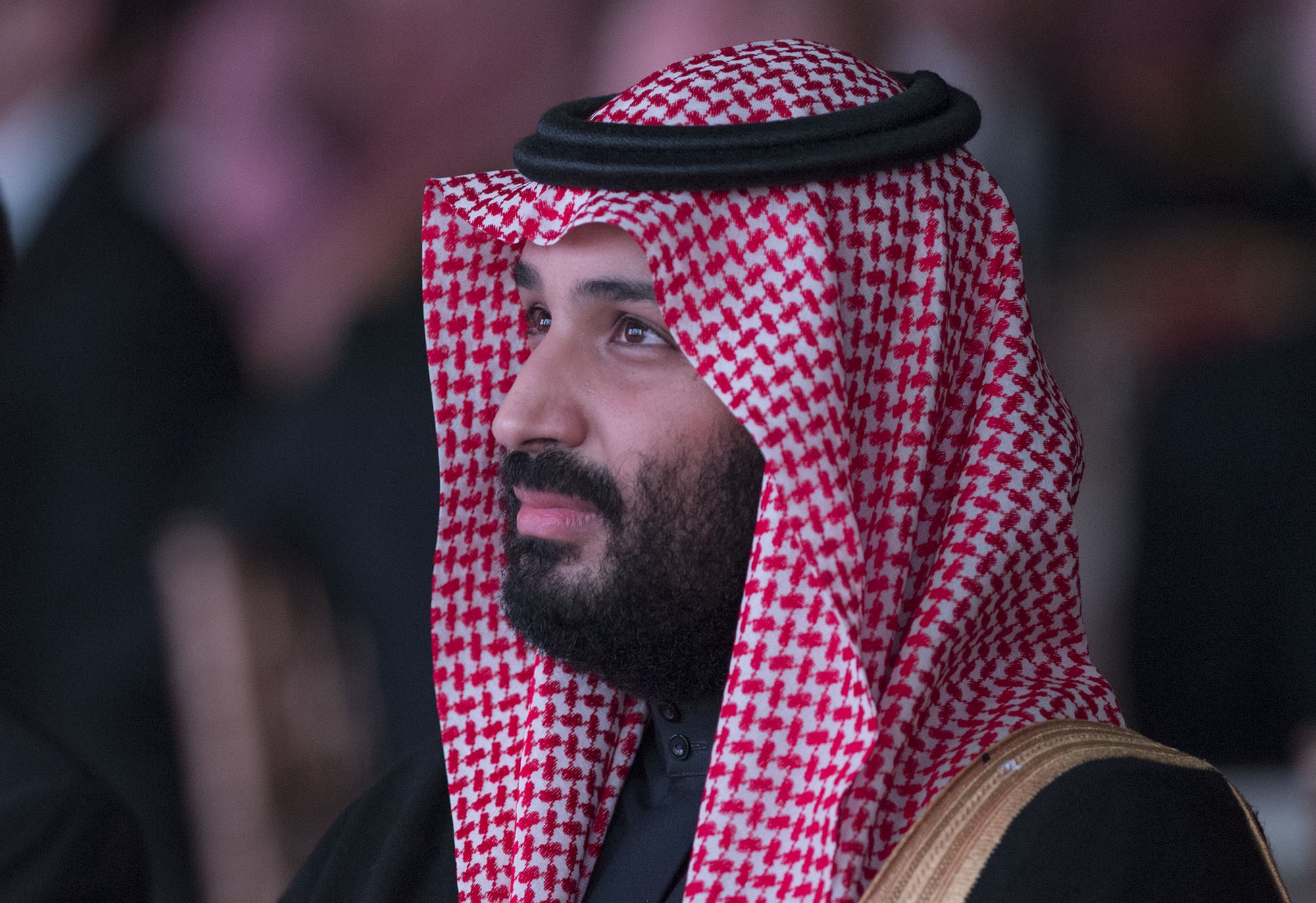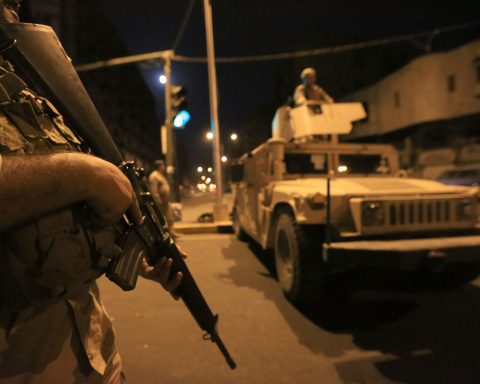The latest diplomatic engagements between regional actors show that there is a new kind of alignment or power configuration/balance. It is likely to say that the recent developments and transformations in terms of balance of power in the Middle East, both at the regional and international levels, are indicating that the nature of politics has changed. Since then, Iraq, Egypt, and Jordan took a fresh position in regional politics. These actors became new focal points in the region in terms of alliance and partnership. More importantly, there is also a new kind of pattern in the region, which can be described as normalization. Since the start of Biden’s presidency, many things have changed or have been forced to be amended. In this sense, the blockade on Qatar was terminated at the start of the year. The initiatives to normalize Turkish-Egyptian and Turkish-Saudi relations have been also launched. More recently, the National Security Adviser of the United Arab Emirates (UAE) Tahnoun bin Zayed Al-Nahyan was welcomed by Turkish President Recep Tayyip Erdoğan and the two discussed potential cooperation in bilateral relations. All these strengthen the claim that steps in regional normalization and engagements between regional actors have accelerated. In this regard, there is intense traffic in terms of diplomacy and dialogue in the capital city of Iraq, Baghdad. The Iraqi Neighboring Countries Conference will be held on August 28. The summit will provide opportunities to Riyadh not just politically but also economically. The summit will be held on Saturday and many things will be discussed. So, what does Saudi Arabia expect from the summit?
Normalization process
Riyadh would need the summit in terms of institutionalizing the normalization process with three countries. Before the summit, Kuwait’s talks with Iraqi officials signaled that normalization processes will be one of the most crucial topics to be discussed. In other words, Saudi Arabia wants to make normalization processes more concrete at institutional and regional levels. Since April, there have been negotiations between Tehran and Riyadh in Baghdad. Even though Ebrahim Raisi, who can be described as a representative of the ultra-conservatives in Tehran, became president, Iran still supports normalization with Saudi Arabia. It is expected that the new Iranian president will attend the summit. He also described the summit as a “blessed step.” On the other hand, Saudi and Emirati diplomatic representation will be also high according to regional media outlets. Therefore, the summit would create a regional framework for accelerating the normalization between Iran and Saudi Arabia. Within this context, there would be direct meetings between Iran and Saudi officials on the sidelines of the summit, which may deepen and accelerate the normalization process. Saudi Arabia also needs Iran and other regional partners to exit from Yemen. It is widely known that Iran helped Houthis expand their reach. Therefore, in order to exit from the deadlock in Yemen, Riyadh needs to negotiate and have normal relations with Iran. There are also two countries with which Riyadh had tensions. In this sense, Qatar became the 6th country to be invited to the summit on August 14. As it is known, the blockade implemented on Qatar formally ended in January 2021. Since then, the relations between the two countries have deepened. The summit will also provide a concrete atmosphere for intensifying bilateral cooperation. Thirdly, Turkey has been also invited. It is well known and observed that Turkey and Saudi Arabia are the two big regional powers in the Middle East. The latest statements and meetings between the two countries illustrate that Ankara and Riyadh have decided to work together in terms of dealing with mutual threats and increasing trade volume. Consequently, the summit will help in implementing these goals. Aside from the subject of normalization, there are also other goals and expectations by Riyadh from the summit.
Economy and investment
Saudi Arabia’s economy has been suffering from low oil prices. The COVID-19 pandemic also hit the Saudi economy in a negative manner. Therefore, Saudi Arabia realized that it cannot continue its current economic plan. As a result, Saudi Crown Prince Mohammed bin Salman announced the ‘Saudi 2030 Vision’ project which mainly intends to reduce the share of oil in its economy. It also aims to diversify economic partnerships. In this sense, Saudi Arabia needs both international and regional actors to attract investments into the country. The summit will offer a good opportunity to Saudi Arabia for drawing the attention of investors. Moreover, there is also potential Saudi investments into Iraq. Iraqi Prime Minister Mustafa al-Kadhimi has been making investment calls. In this context, Saudi Arabia, which does not want to leave Iraq to Iran’s hands, can use the summit as an opportunity to increase its investment in the country. Subsequently, more investments from Saudi Arabia to Iraq would be observed in the near future. In addition to this, it can be estimated that there will be more cooperation in terms of the economy between regional countries.
Securing the home
The regional summit comes just after the withdrawal of the US from Afghanistan, thus leaving the Middle East all by itself. The potential development of terrorist attacks would increase challenges towards the regime in Riyadh. Hence, Saudi Arabia needs regional countries to deal with these threats, suggesting that security-related issues will be in the discussion. In this respect, regional actors want to cooperate with each other to control and divert the power vacuums observed in Iraq and Afghanistan. On the other hand, regional actors do not want to see a Saudi-Iranian rivalry in the Middle East, which has been a milestone of regional politics. Due to this rivalry negatively affecting domestic and foreign policies while also bringing countries closer to one side or the other and affecting their independence, all parties agree to end this equation and evoke more cooperation. Saudi Arabia also looks for an exit from Yemen and needs the support of regional countries to do so. Saudi Arabia does not want to leave Yemen in the hands of the Iran-backed Houthis. Therefore, by diplomatically reaching out to Iran and accelerating the normalization process Saudi Arabia would speed up its withdrawal from Yemen. Thus, the summit can provide a quit from the “Quagmire of Yemen”. Additionally, Saudi Arabia can fix its image, which has been broken since the murder of Jamal Khashoggi.
To conclude, the summit in Iraq offers a platform in which regional countries can increase cooperation. By keeping dialogue as well as diplomatic channels open, there are at least three major points that Saudi Arabia expects to obtain gains. Firstly, Saudi Arabia sees this summit as an opportunity to accelerate and strengthen its normalization with Turkey, Iran, and Qatar. In addition, by sending senior officials such as their foreign ministers to the summit, Saudi Arabia and Iran both show their willingness in this regard. Secondly, the summit also provides a platform in which economic relations could be boosted. In this manner, Saudi Arabia can increase its investment in Iraq. On the other hand, in order to advance investments in the country, Saudi Arabia will need to make investment calls to regional countries. Thirdly, the withdrawal of the US military from Iraq and Afghanistan will create a new balance of power in the region and will bring forth new challenges. To deal with these challenges and threats, Saudi Arabia and other regional countries need each other. As a result, the summit in Baghdad would provide a platform in which regional security cooperation can be established. Recent regional and international developments forced Middle Eastern actors to cooperate more and go further in strengthening bilateral and multilateral cooperation. Saudi Arabia intends to be part of this new order in terms of security, economics and diplomacy.













